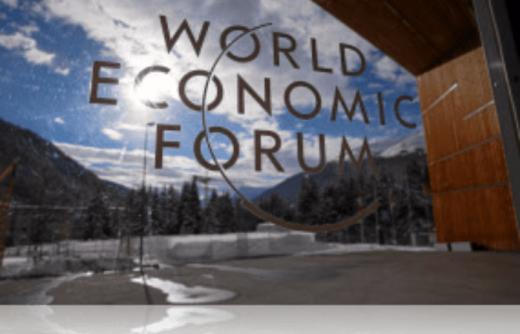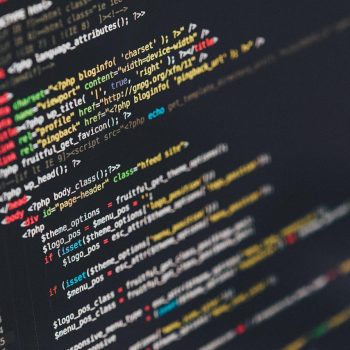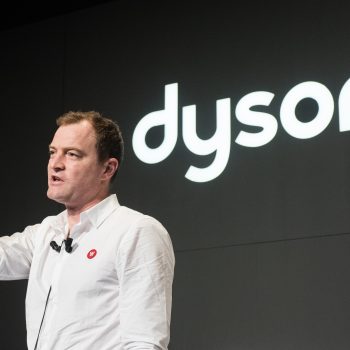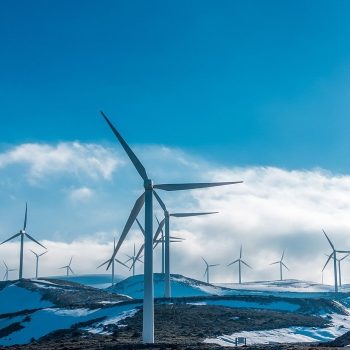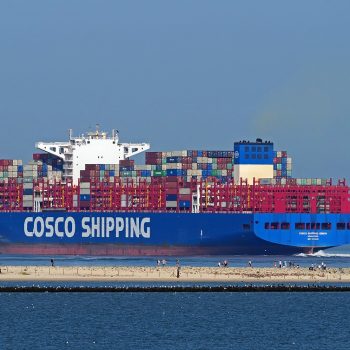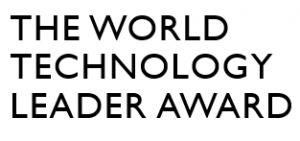The World Economic Forum’s Annual Meeting 2023 will take place 16-20 January in Davos, Switzerland. The Annual Meeting will bring together leaders from government, business and civil society to address the state of the world and discuss priorities for the year ahead.
The world today is at a critical inflection point. The twin triggers of the COVID-19 pandemic and the war in Ukraine rattled an already brittle global system. Economic growth in the world’s largest economies is stalling, while navigating headwinds from rising food and energy prices. For the first time since the 1970s, the world is facing a precarious disequilibrium with growth and inflation moving in oppositive directions. This is occurring alongside heightened geo-economic fragmentation, financial sector vulnerabilities, including stretched asset prices and high debt levels, and a climate crisis spiralling out of control, which could magnify any growth slowdown, particularly in emerging markets. Unless these systemic and interconnected risks are addressed, the promise of a “decade of action” may become a decade of uncertainty and fragility.
Against this unprecedented backdrop, the World Economic Forum is convening its 53rd Annual Meeting in January to reaffirm the value and imperative of dialogue and public-private cooperation, not only to navigate the current cascading crises but, more importantly, to drive tangible, system-positive change for the long term. For over 50 years, the World Economic Forum has provided space for leaders to engage in peer-to-peer deliberations in the spirit of improving the state of the world. Never has this mission been more important. Therefore, finding ways to reinstitute a collective sense of agency and to turn defensive measures into proactive, vision-driven policies and business strategies will be at the heart of the meeting. The magnitude of current crises and the potential of future ones demands no less.
The Programme
The basic tenet of the programme is the premise that the current crises, as serious as they are, are manifestations of larger systemic deficiencies accrued over time. They are also the result of a narrow vision of systems as sectors rather than true multidisciplinary, networked entities that are highly dynamic, particularly in the context of the meta trends of the Fourth Industrial Revolution and climate change.
Therefore, thematically, the programme will have the dual focus of looking at levers to address the current challenges while at the same time setting them against the backdrop of attendant system transformation imperatives.
The Meeting
The meeting will take place from 16 January to 20 January. The four days will cover a wide spectrum of formats for interaction and learning, giving leaders the necessary tools to address the current complexity and build for the future. They will revolve around the following three archetypes:
- Dialogues to forge understanding and alignment and exchange insights
- Gatherings of communities of purpose to drive tangible action on key global issues
- Opportunities for foresight and discovery to scale society critical innovations
The meeting will feature addresses by key heads of state and government as well as various geo-economic and geopolitical deliberations such as the Country Strategy Dialogues, Diplomacy Dialogues and the Informal Gathering of World Economic Leaders (IGWEL) meetings. It will also gather the Forum’s foremost business communities, such as the International Business Council, the Community of Chairpersons and the Industry Governors.
Many sessions will be livestreamed publicly on the Forum’s website and social media channels, as well as its state-of-the-art digital app, TopLink, providing an opportunity for the Forum’s Digital Members community and the public to engage in deliberations. In addition, timely expert briefings will help participants and the public gain insights on the latest developments in current affairs at the time of the meeting.
https://www.weforum.org/
